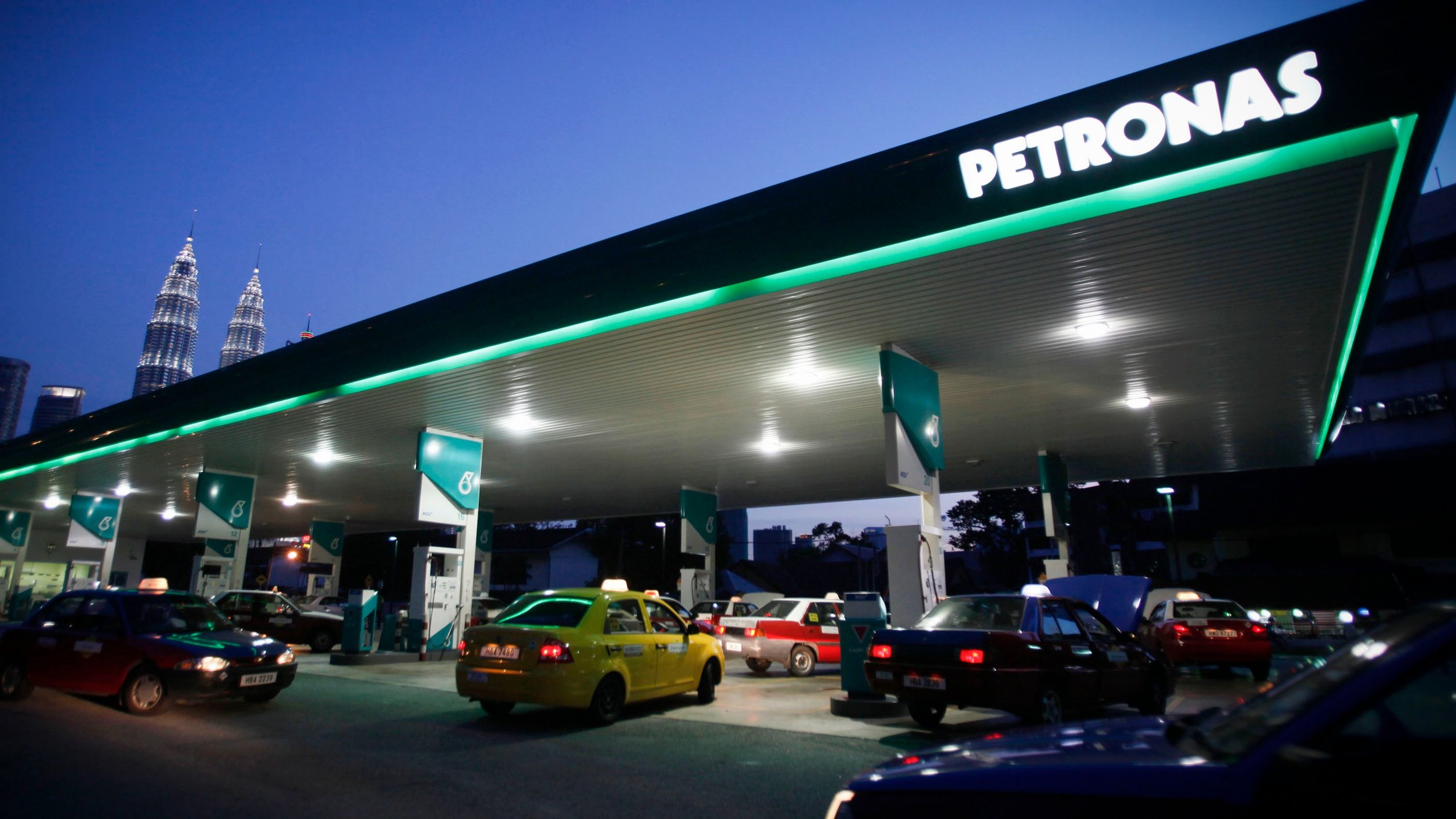The Economic and Environmental Benefits of Electric Vehicles in Malaysia's Fiscal Landscape
Malaysia to cut diesel subsidies, saving $1.15 billion annually
As Malaysia embarks on a significant economic transition by cutting fuel subsidies to strengthen its fiscal position, the adoption of electric vehicles (EVs) in industrial applications presents a compelling opportunity. Prime Minister Anwar Ibrahim's recent announcement to reduce diesel subsidies, aiming to save about RM4 billion annually, underscores a crucial pivot towards more sustainable fiscal and environmental practices. This strategic shift not only aligns with global trends but also holds substantial promise for Malaysia's economic resilience and environmental sustainability.
Key Advantages of Electric Vehicles
Cost Savings on Fuel: EVs eliminate the need for diesel or petrol, which are subject to fluctuating global prices and costly subsidies. In an industrial setting, where machinery like forklifts, reach stackers, and terminal tractors are in constant use, the savings on fuel can be substantial.
Lower Maintenance Costs: Electric vehicles have fewer moving parts compared to their internal combustion engine (ICE) counterparts. This translates to lower maintenance costs and reduced downtime, ensuring that businesses can operate more efficiently and with fewer interruptions.
Environmental Impact: Transitioning to EVs reduces greenhouse gas emissions and air pollutants. For a nation that subsidizes fuel and other commodities, the environmental benefits also translate into economic savings by reducing healthcare costs associated with pollution-related illnesses and environmental degradation.
Energy Efficiency: Electric motors are inherently more efficient than combustion engines. This efficiency means that for the same amount of energy input, EVs can perform more work. In the context of industrial machinery, this can lead to enhanced productivity and lower operational costs.
Impact on Malaysia’s Fiscal Health
The shift towards EVs can significantly bolster Malaysia’s fiscal health, particularly in the context of the recent policy changes:
Reducing Subsidy Burden: By promoting the use of EVs, the government can effectively reduce the need for fuel subsidies. The savings from these reduced subsidies can be redirected to more targeted assistance programs for low-income groups, as highlighted by Prime Minister Anwar Ibrahim. This targeted approach ensures that the most vulnerable populations receive necessary support without the blanket subsidy burden on the economy.
Long-Term Economic Stability: The environmental benefits of EVs contribute to long-term economic stability by mitigating the risks and costs associated with climate change. Reducing emissions and improving air quality can lead to healthier populations and lower healthcare costs, further relieving the government’s financial pressures.
Promoting Innovation and Technological Advancement: Investing in EV technology and infrastructure can position Malaysia as a leader in green technology in the region. This can attract foreign investment and promote innovation, leading to a more dynamic and competitive economy.
Conclusion
As Malaysia navigates through its fiscal reforms, the integration of electric vehicles in industrial and commercial applications offers a strategic pathway to achieve economic and environmental sustainability. The reduction in fuel subsidies, coupled with the adoption of EVs, can lead to significant savings and a more resilient fiscal framework. By leveraging the benefits of EVs, Malaysia can not only enhance its economic stability but also pave the way for a cleaner, greener future, aligning with global sustainability goals.
At CHS, we are committed to supporting businesses in this transition. Our extensive range of electric vehicles, including forklifts, reach stackers, empty container handlers, and terminal tractors, is designed to help you achieve operational efficiency and cost savings. To learn more how we can support your business growth, contact us today.
About CHS
CHS was founded by a seasoned team of industry veterans with over a century of combined experience. CHS is a official distribution company of Hangcha, Terberg, sfPORTEQ and Metagro, dedicated to helping our customers and partners enhance productivity, efficiency, safety, and sustainability. CHS remains at the forefront of innovation, consistently refining our diverse portfolio of premier sustainable and green solutions to improve businesses in ports, terminals, manufacturing, lift truck operations, and process industries.
Further information:
Gak San Ng, Director CHS
Email: gaksan.ng@chsapac.com
General
Email: info@chsapac.com

